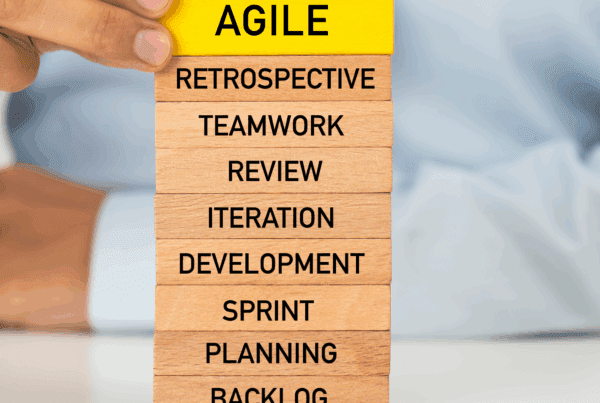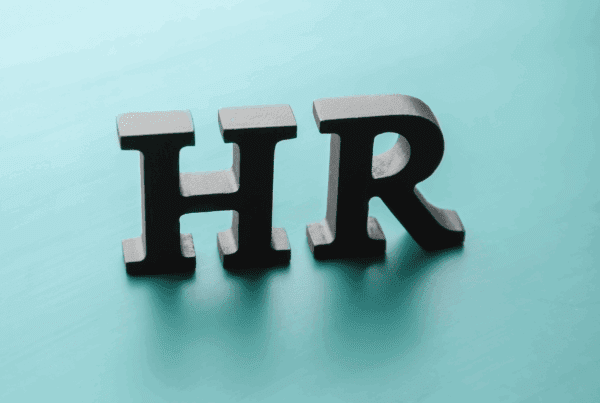The challenges that have emerged over the past two years have had huge impacts on employees. And it’s not surprising to learn that the number of people quitting their jobs is reaching an all time high. It’s clear that recruitment, onboarding retention, and other HR initiatives must be a priority for businesses throughout 2022.
The question is: what should organisations be focusing on? Of course, there are the obvious elements, such as acknowledging growing demand for hybrid working, incorporating digital technologies into interview processes, creating environments to support mental health and wellbeing, and investing in the employee experience.
However, there are a few not-so-obvious HR trends that are due to emerge, too. Here’s a closer look at 4 major HR changes we’re expecting to see this year:
- A stronger focus on employer value proposition
As we’re already witnessing, 2022 is set to be a candidates’ market. As more and more organisations begin to return to business-as-usual, an increasing number are looking to fill vacancies – and create new roles – to assist with recovery and growth. Demand for skills is fierce, which means businesses must be prepared to offer more during the interview process; not just offering a job but offering unrivalled value. Businesses must differentiate themselves with a strong employer value proposition.
- Expansion of skill sets
A major trend noted by McKinsey is for businesses to ‘invest in talent to prepare for uncertainty’. As the pandemic demonstrated, the future can never be predicted. It also showed that those businesses with highly diverse skill sets were better equipped to adapt to change and overcome obstacles. It’s expected that businesses this year will be keen to expand the types of skills they have onboard, not just recruiting those with hard skills, but with varying soft skills that result in diverse thinking and ideas.
- A shift from equality to equity
The term ‘equality’ is becoming outdated as businesses begin to realise that while every employee should be treated fairly, they don’t all need to be treated the same. Employees have different needs. For example, research shows that, during COVID-19, women were more likely to be concerned about mental health, while LGBTQ+ workers were most likely to worry about their performance. Businesses must prioritise diversity, equity, and inclusion (DEI) to meet individual employee needs.
- Changes to the traditional HR role
HR departments have largely remained unchanged for many years. However, this year we’re expecting to see major changes to the HR role as businesses realise the value of the department outside of payroll and employee management. HR is more critical than ever, being tasked with ensuring workplaces remain compliant with ever-changing legislation, identifying signs of burnout in remote employees, and implementing solutions to align workplace processes with the new landscape.
As the working world returns to normal after the greatest ever widespread upheaval, 2022 stands to be one of the most transformative years yet in terms of HR. And if your business needs support to get on board with these new trends, we’re here to help.





